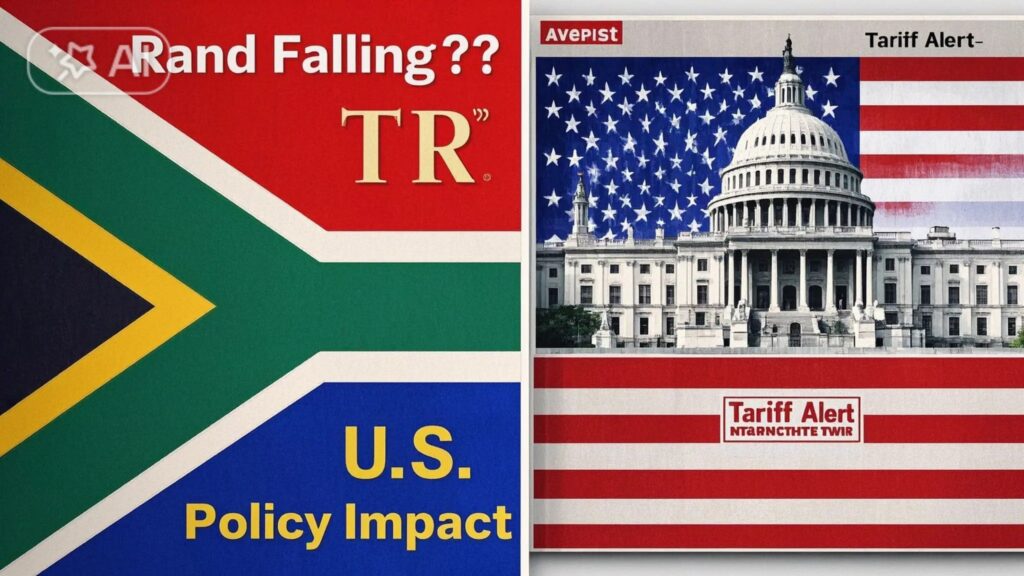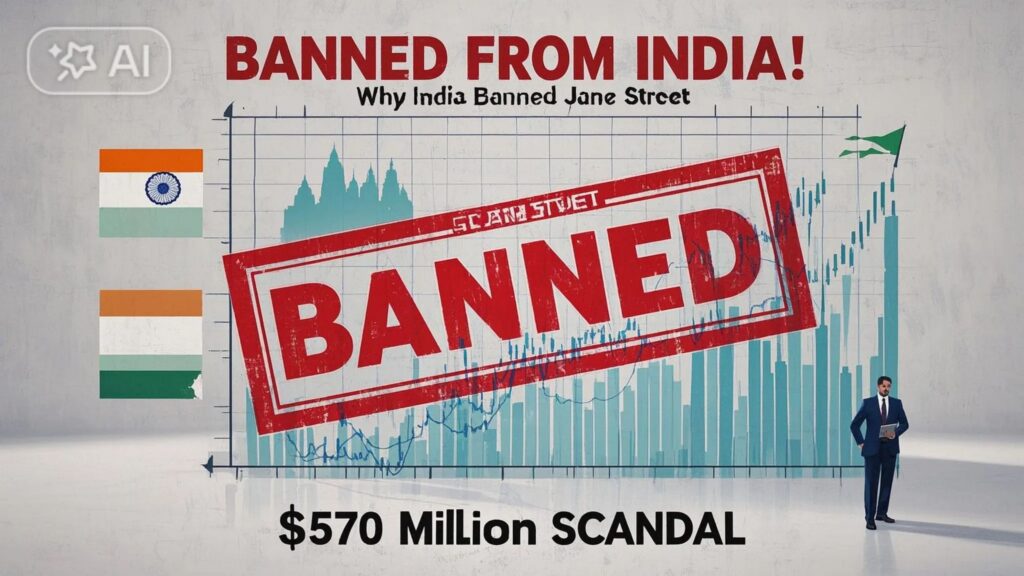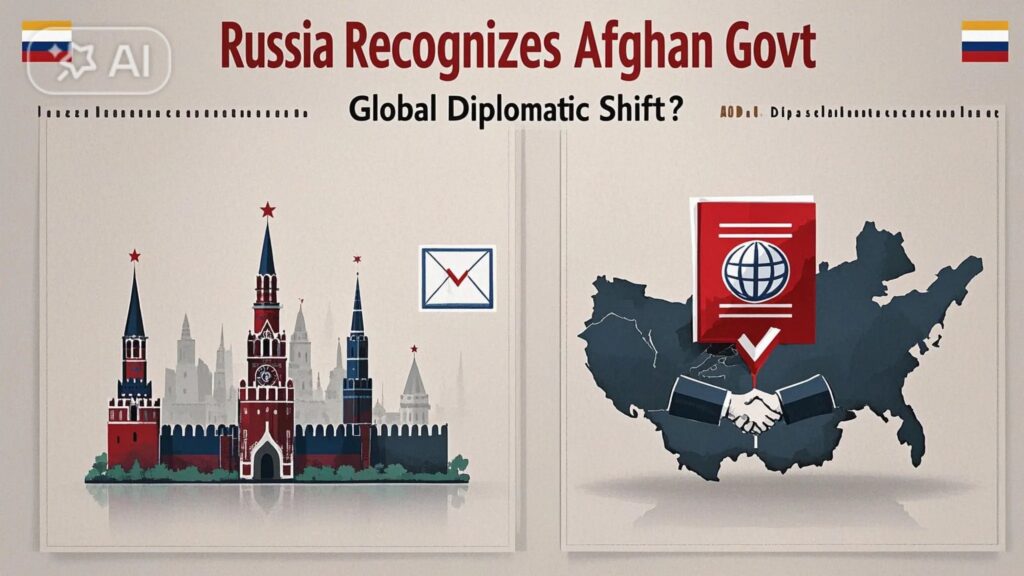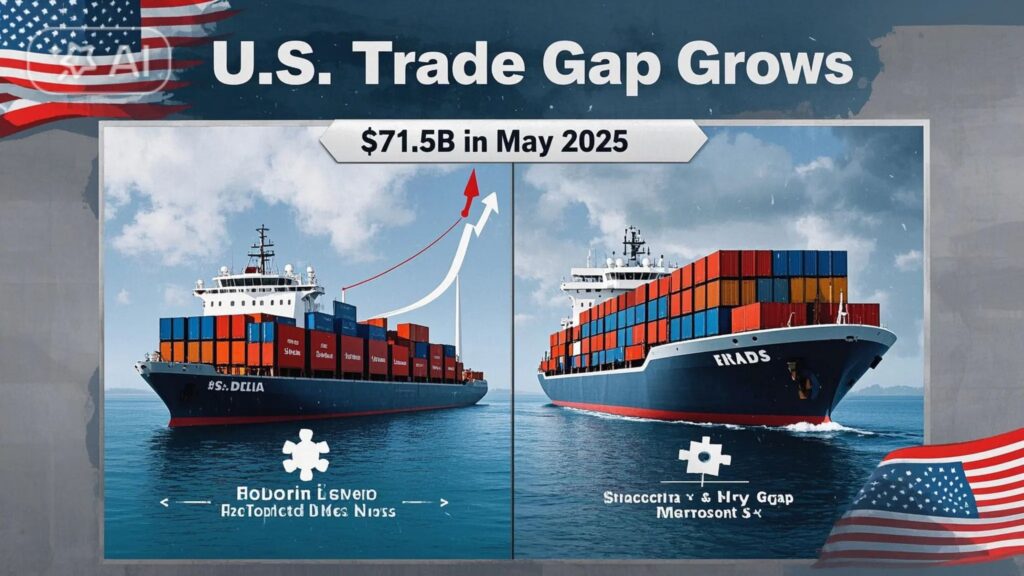US Tariff Deadline and the TSX Index: A Climate of Uncertainty in Global Trade
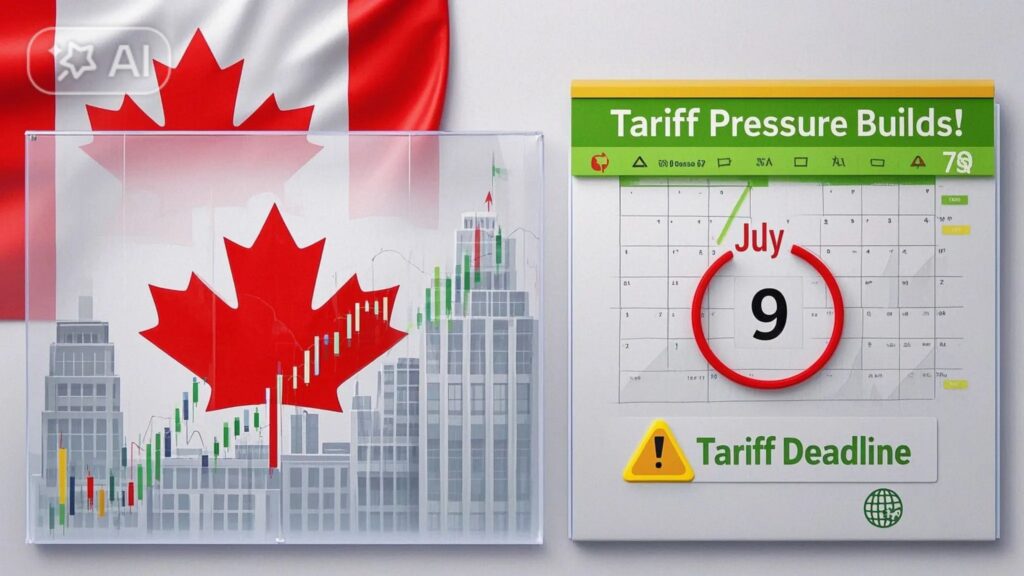
The S&P/TSX Composite Index, Canada’s benchmark stock market index, showed a slight uptick recently—just as the world turns its attention toward a critical date: July 9, 2025. This marks the end of the 90-day grace period granted by the U.S. government on tariffs, and it may become a pivotal moment for the future of global trade.
Rising Trade Uncertainty
U.S. President Donald Trump has signaled that this temporary relief will not be extended. That means, unless key trade partners—including Canada—meet specific U.S. demands, new and potentially harsh tariffs will be imposed starting July 9. While this might sound like a technical matter, it has real-world consequences for businesses, supply chains, and financial markets worldwide. Investors are cautious, and markets are reacting with understandable hesitation.
Minor Gains in TSX: Temporary Relief or

